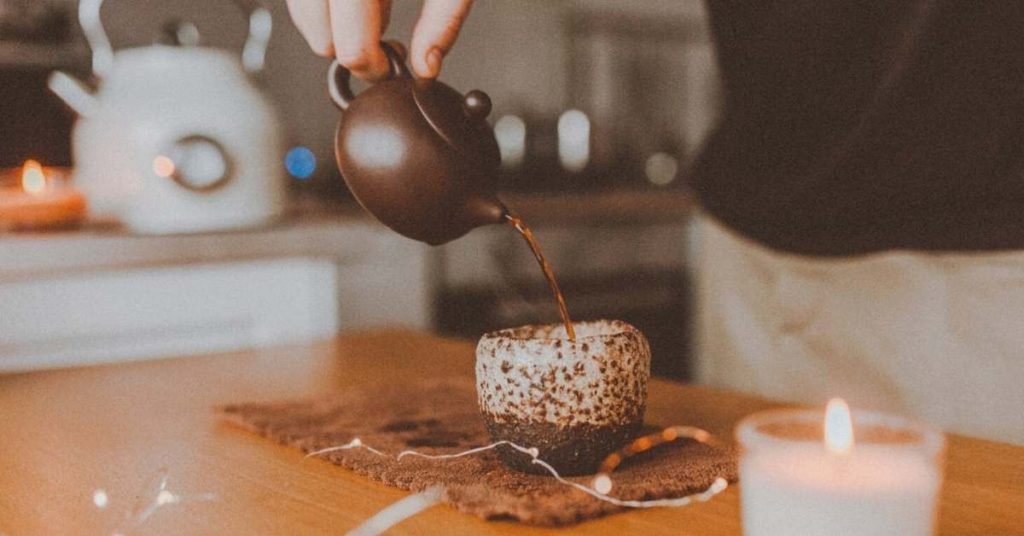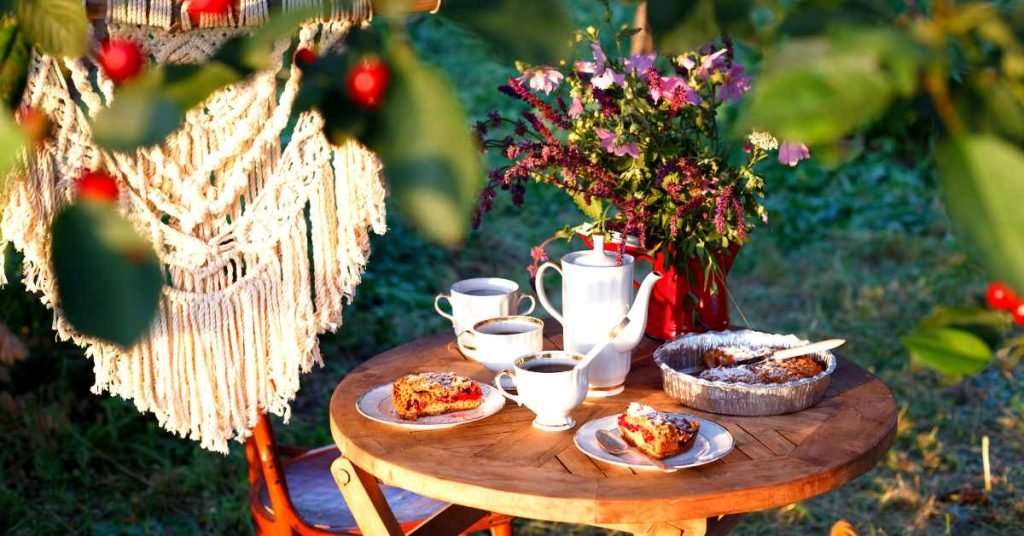Burundi is the 15th largest tea producer in the world.
The country produces 40,000 metric tonnes of tea per year, exporting 95% of it to Europe, the USA, as well as to other African countries.
Burundi produces Green tea, Black tea, Brown tea, Pu-erh, Yellow tea, and Oolong.
History of Tea in Burundi
The first tea plants were introduced to Burundi soil in 1931, however, the mass plantation didn’t start until the 1970s.
With the rise of commercial tea farms, the country significantly improved its economy, being one of the largest African exporters of Black, Green, and Oolong teas in the world.
Besides exporting most of its tea, Burundi also has a proper tea culture worth exploring.
Tea Culture in Burundi
Brewing tea in Burundi is part of a family tradition and it’s mostly done at people’s homes.
Of course, there are tourist spots where freshly brewed Black tea is served with milk and sugar, but the best tea is always found in private households.
The country offers a large loose-leaf selection of premium quality, while tea bags are also part of Burundi tea factories, depending on the exportation demand.
Burundians often carry a thermos and drink a few cups of tea per day.
The country was a Belgian colony, so most of their crops like tea, coffee, and cocoa were for export only and not for domestic use.
However, this East African country produces some of the finest varieties of Green tea, Black tea, Pu-erh, and Oolong.
MEDICAL DISCLAIMER
Itsnevernotteatime.com cannot and does not contain medical/health advice. The medical/health information is provided for general and educational purposes only and is not a substitute for professional advice.




